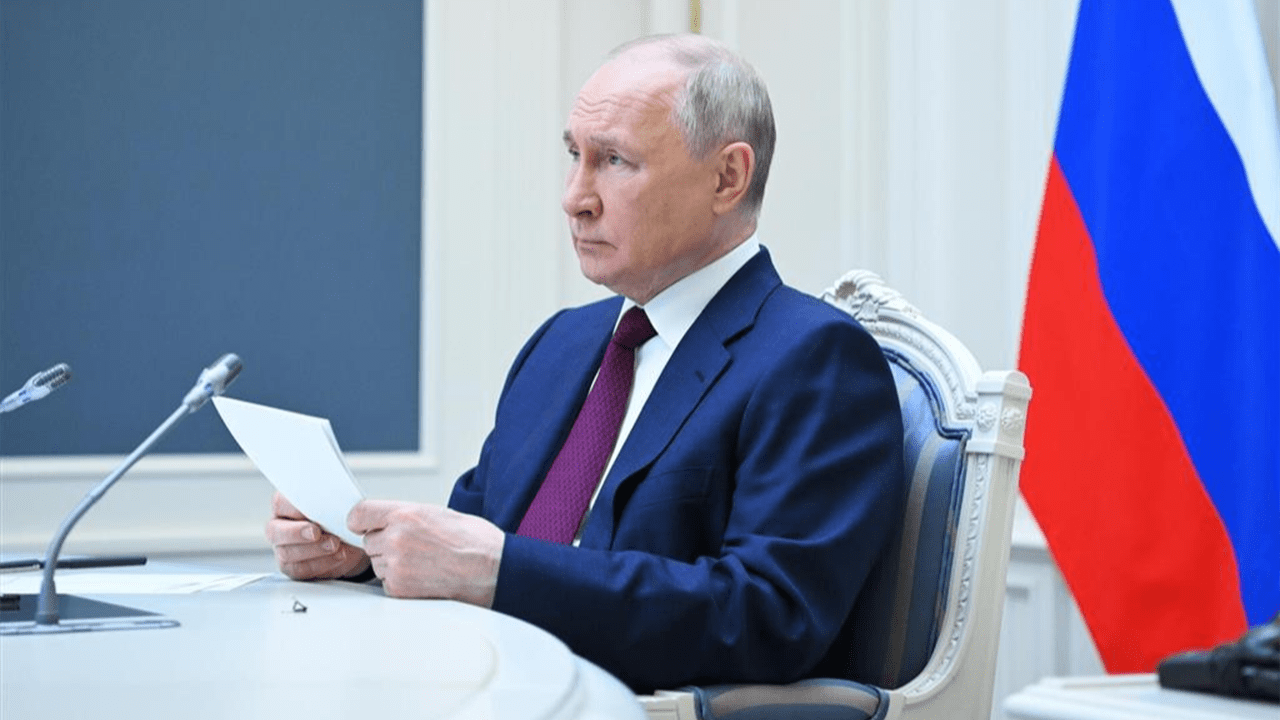Putin Suspends Tax Treaties with Malta

In a significant development, Russian President Vladimir Putin has taken a bold step by signing a decree that suspends Russia’s double taxation agreements with what he refers to as “unfriendly countries”. Among these countries is Malta, a small island nation that now finds itself entangled in this geopolitical maneuver. This move, orchestrated by the Russian finance ministry and foreign ministry, has far-reaching implications for the international business and political landscape. Let’s delve into the details of this decision and its potential impact.
A Decisive Move
The decision to suspend a total of 38 tax treaties with countries that have imposed sanctions against Moscow comes as no surprise, given the escalating tensions between Russia and various Western countries. These tensions stem from Russia’s military intervention in Ukraine in February of the previous year, which Russia has chosen to characterize as a “special military operation” rather than an outright invasion.
Targeting the “Unfriendly Countries”
Among the countries affected by this suspension are EU member states and notable nations such as the United States, South Korea, Japan, Norway, Singapore, Iceland, New Zealand, and Australia. This move is emblematic of Putin’s desire to exert his nation’s influence on the global stage, responding assertively to what he views as antagonistic actions against Russia.
The Role of Tax Treaties
Tax treaties, which are bilateral agreements between countries, play a crucial role in preventing double taxation and promoting the exchange of economic resources. However, in the context of escalating geopolitical tensions, these treaties can also serve as diplomatic leverage. Putin’s decision to suspend these agreements underscores the extent to which economic and political dynamics are intertwined in today’s world.
Malta’s Unexpected Inclusion
Malta’s presence on the list of nations with suspended tax treaties may have raised eyebrows. This Mediterranean island, known for its picturesque landscapes, finds itself in the midst of international tensions due to its European Union membership and consequent involvement in the sanctions imposed on Russia. The close association between Malta and Russia, as well as the island’s stance on enforcing sanctions, might have been pivotal factors in this development.
A Tripartite Stance
A notable point of interest is the stance taken by Malta, Cyprus, and Greece against the European Union’s latest round of sanctions on Russia. This unified front highlights the intricate web of diplomatic relationships in the face of global politics. The countries’ collective opposition to sanctions that curtail the oil trade serves as an example of how seemingly unrelated issues can spark cooperation among nations with common interests.
Asset Freezing and Scrutiny
Malta’s approach to freezing assets of sanctioned individuals and entities has come under scrutiny, particularly from the European Union. Critics argue that Malta’s response has been tepid compared to the actions taken by other EU member states. EU Justice Commissioner Didier Reynders expressed surprise over the relatively low amount of frozen Russian-owned assets in Malta, raising questions about the effectiveness of the island’s sanctions enforcement.
Conclusion
The suspension of tax treaties by Russia, including its move against Malta, is a reflection of the intricate web of international politics and economics. The use of economic agreements as diplomatic tools is a reminder that no aspect of global relations exists in isolation. As tensions between nations persist, the world watches closely to discern the broader implications of such actions. The intertwining of economic interests and geopolitical considerations continues to shape the international stage, leaving us to ponder the future landscape of global diplomacy.
Frequently Asked Questions
What are tax treaties, and why are they significant in international relations?
Tax treaties are bilateral agreements between countries designed to prevent double taxation and promote economic cooperation. They play a vital role in facilitating cross-border business activities and ensuring fair treatment of taxpayers across jurisdictions.
How did Malta end up on Putin’s list of “unfriendly countries”?
Malta’s inclusion on the list can be attributed to its European Union membership and its participation in imposing sanctions on Russia. These factors have strained the relationship between the two nations and led to the suspension of their tax treaty.
Why did Malta, Cyprus, and Greece oppose the EU’s sanctions on Russian oil trade?
These countries rely on maritime trade, including oil transportation, for their economies. The sanctions could have adversely affected their trade activities and economic stability, prompting them to unite against the measures.
What is the significance of asset freezing in international sanctions?
Asset freezing is a common tool used in sanctions enforcement to financially cripple individuals and entities engaged in activities deemed detrimental to global security. It serves as a deterrent and a means to disrupt their operations.
How might Russia’s suspension of tax treaties impact international businesses?
The suspension of tax treaties can complicate the tax obligations of businesses operating in multiple countries, potentially leading to higher tax burdens and increased compliance challenges. Businesses might need to reconsider their cross-border operations in light of these changes.
Recommended Posts

Discover iGaming Opportunities in Malta
July 26, 2024

Financial Aspects of Doing Business in Malta
July 26, 2024

Casino999.dk & Delasport Enhance Sports Betting
July 26, 2024



